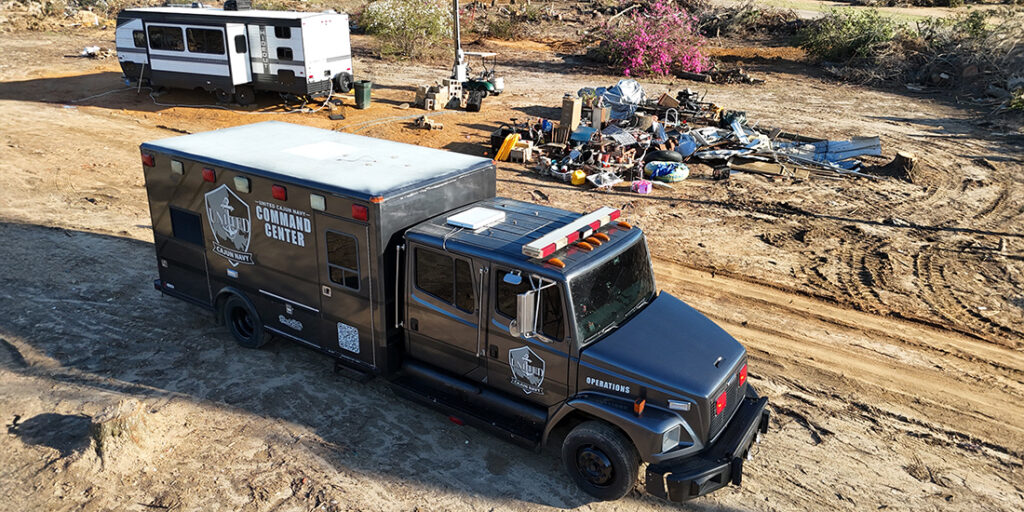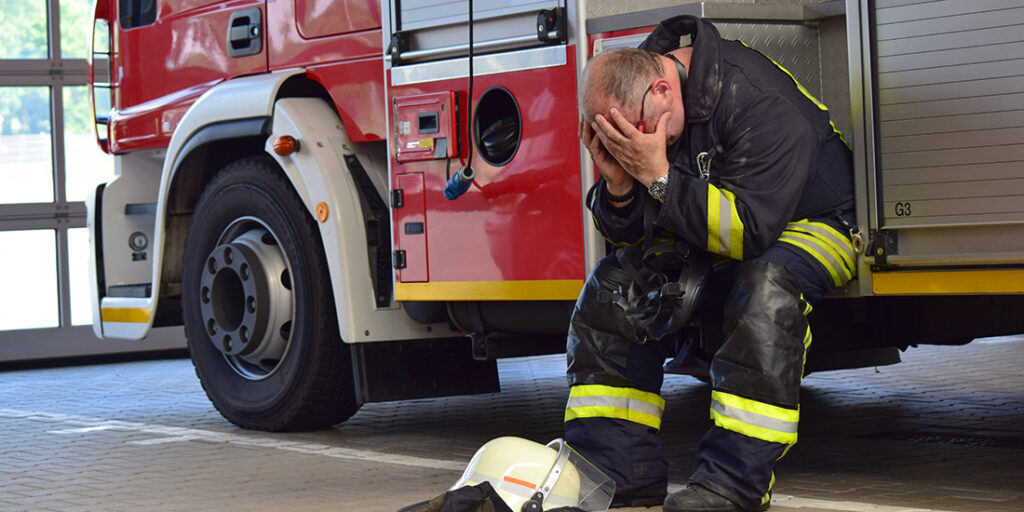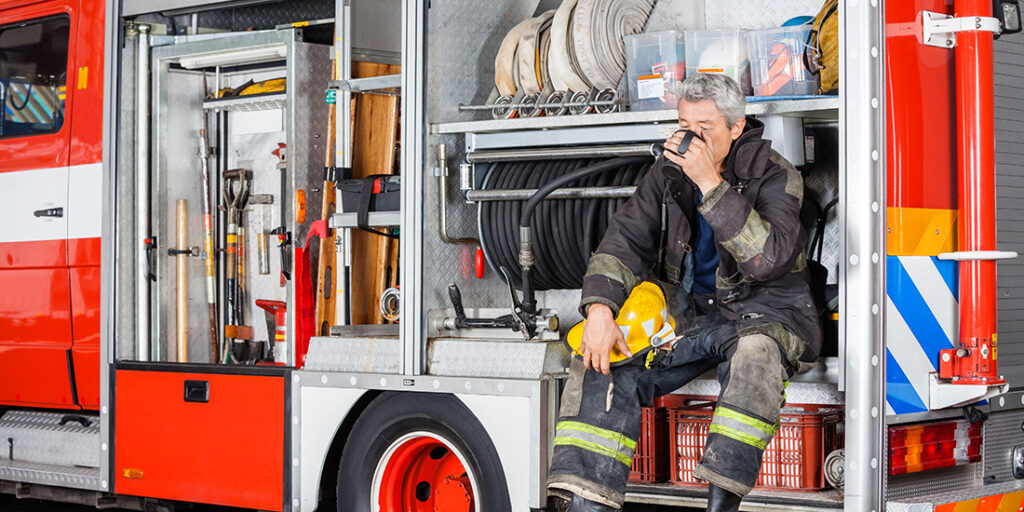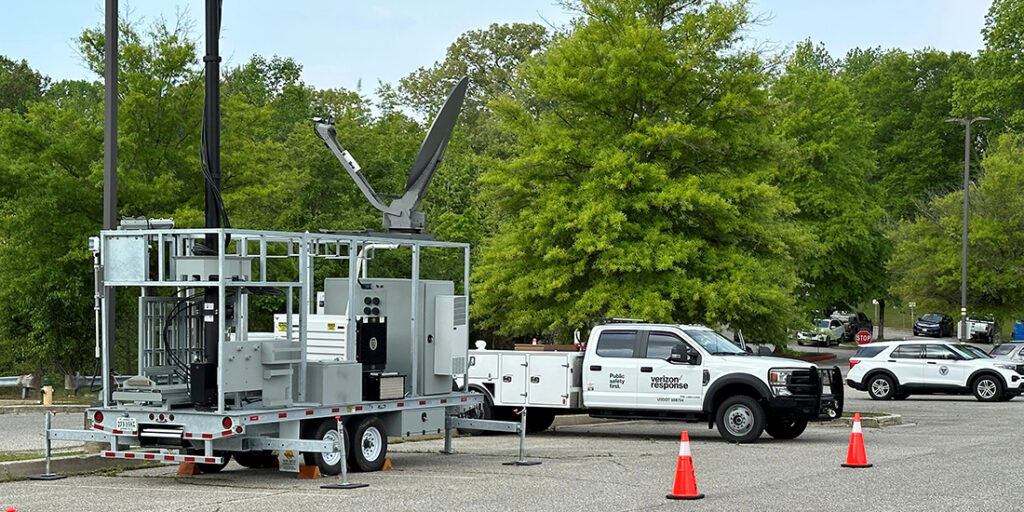FIRE

The United Cajun Navy: Advancing Disaster Response With Volunteerism and Industry Partnerships
- Mitchel Reed
Formed after Hurricane Katrina in 2005, the United Cajun Navy unites boat owners and other volunteers to aid during floods, hurricanes, and other disasters, bridging gaps in official response and recovery. A volunteer “technical industry liaison” partners with businesses to add technical capabilities and strengthen its efforts. This model shows how collaboration with such liaisons enhances volunteer effectiveness.
MOST Recent

Wildfire PREsponse: Closing the Gap With Mitigation
Mark Howell
June 18, 2025
Mitigation is essential to managing wildfires. As fire seasons grow longer and more costly, responders should be PREsponders, and mitigation experts may participate in response. Coordinated efforts to prevent wildfires are a proven strategy to address the next fire season.

Physical and Mental Injuries in First Responders: Why Wait?
Pascal Rodier
May 14, 2025
First responders undergo intense physical training to ensure they are physically prepared for emergencies. Yet despite the high-stress nature of their work, mental fitness is not given the same priority. To truly support first responders, mental wellness must be fully integrated into recruit training programs and proactively addressed throughout their

A Holistic Strategy for Responders’ Well-Being
Camilo Olivieri
May 7, 2025
First responders and emergency managers face constant, high-pressure stress from trauma, long hours, and critical decisions. This often leads to chronic stress, increasing risks of heart disease, mental health issues, and substance abuse. Their ability to help others depends on prioritizing their own well-being through proactive self-care.

A Regional Approach to Public Safety Communications Planning
Charles (Charley) Bryson
April 16, 2025
Despite significant investments in public safety, critical training gaps for first responders persist. Regional planning committees, established by the FCC in the 1980s to manage public safety radio frequencies, remain key to improving interoperability. Learn about ongoing efforts—both regional and national—to close communication gaps and improve coordinated emergency response.
FIRE Archives
National Laboratory Partnerships: Linking Operations and Research
Ryan Eddy and Ann Lesperance
September 25, 2024
The September 11 terrorist attacks in 2001 spurred a pivotal change in the way the U.S. approaches preparedness for threats to the homeland. In recognition
Responder Fatigue: A Growing Concern
Dan Scherr and Tanya M. Scherr
September 18, 2024
Emergencies require immediate action by people trained to extinguish fires, treat injuries, protect the public, and perform other life and safety tasks. Responders who repeatedly
AI and 911 Call Systems: A New Ally or a Hidden Risk?
Michael Breslin
September 11, 2024
From natural disasters to sophisticated cyberthreats, the risks to public safety are evolving fast. As unexpected events can strike at any moment, the systems designed
Security in and Around D.C.: Following the Informational Dots
Catherine L. Feinman
September 11, 2024
Preparing for any special event includes many unknowns. When an event involves national security, the stakes are even higher. Public safety agencies have been sharing
National Preparedness Month 2024: Talk About It
Ian Pleet
September 4, 2024
Each September, communities across the United States reexamine their preparedness goals and resources during National Preparedness Month. By educating and empowering individuals and families to
Dual-World Tabletop Exercises: Addressing Unmet Infrastructure Needs
Charles (Chuck) L. Manto
August 21, 2024
The U.S. critical infrastructure is vulnerable to many forms of cyber and electromagnetic threats. This article presents a new tabletop exercise concept for addressing these
Follow Us
Get Instant Access
Subscribe today to Domestic Preparedness and get real-world insights for safer communities.
FIRE
Most Recent

Lessons From Indigenous Emergency Response in Canada
David Formentini
September 3, 2025
Emergency management in Indigenous communities carries a unique spirit, one not always captured in the structured blueprints of conventional emergency

Wildfire PREsponse: Closing the Gap With Mitigation
Mark Howell
June 18, 2025
Mitigation is essential to managing wildfires. As fire seasons grow longer and more costly, responders should be PREsponders, and mitigation

Physical and Mental Injuries in First Responders: Why Wait?
Pascal Rodier
May 14, 2025
First responders undergo intense physical training to ensure they are physically prepared for emergencies. Yet despite the high-stress nature of

A Holistic Strategy for Responders’ Well-Being
Camilo Olivieri
May 7, 2025
First responders and emergency managers face constant, high-pressure stress from trauma, long hours, and critical decisions. This often leads to
Fire Archives
The Key Bridge Collapse – Through the Lens of Community Lifelines
Michael Prasad
July 17, 2024
The eight major elements of Community Lifelines use traffic-light-type color-coding to categorize the adverse impact status of a disaster. The article’s author has applied this
Five Key Domains of Incident Management
Aaron Clark-Ginsberg
July 10, 2024
Effective incident management is a set of activities, not policy box-ticking of doctrine that may or may not be followed. A new free toolkit based
The Maui Wildfires, Relief Funds, and Incident Recovery
Douglas (Doug) Stockham
July 10, 2024
Financial preplanning goes beyond savings accounts and life insurance policies. When a disaster strikes, some people do not have these protections nor the financial means
Jane Doe – Responding to Vulnerable Patients
Catherine L. Feinman
June 26, 2024
Despite the prevalence of first responders encountering human trafficking victims, they are not always aware of the signs or proper handling of the situation to
Fentanyl Hazards and Detection
Ashley Bradley and Kristin Omberg
June 12, 2024
The deadly opioid epidemic in the United States does not stop at overdoses. It also poses life-threatening exposure to first responders who arrive on scene.
Mental Awareness to Enhance Preparedness
Andrew (Andy) Altizer
April 17, 2024
Emergency managers, public health officials, and first responders often stress the importance of physical fitness, but what about mental fitness? Without focused mental agility in
Follow Us
Get Instant Access
Subscribe today to Domestic Preparedness and get real-world insights for safer communities.

